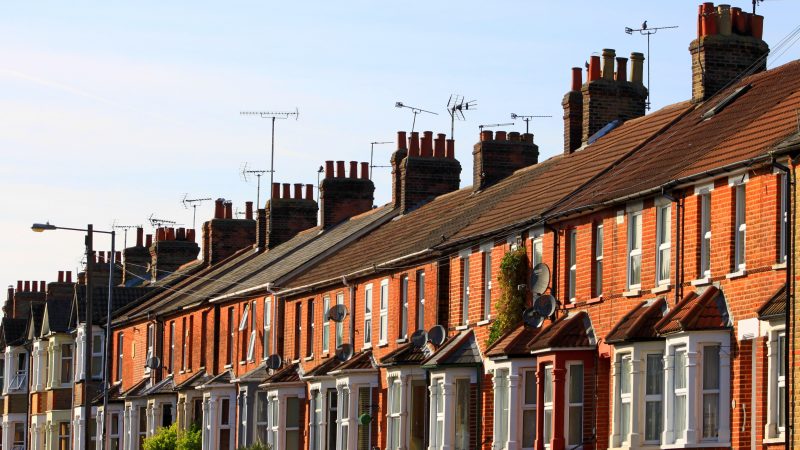Draft EU law introduces new standards to decarbonise buildings by 2050

A draft EU directive, due for publication on 14 December, introduces minimum energy performance standards for existing buildings undergoing major renovation works as part of a renewed push to achieve a zero-emission building stock by 2050.
Around three-quarters of buildings in Europe are energy inefficient. EU buildings are responsible for around 40% of the bloc’s energy consumption and 36% of its greenhouse gas emissions.
Because of this, the European Union has embarked on a huge renovation effort in order to reach its legally-binding objective of cutting emissions down to net-zero by 2050.
The draft energy performance of buildings directive (EPBD), seen by EURACTIV, requires that all new structures erected as of 2030 must be zero-emission.
For existing buildings, which form the bulk of Europe’s housing stock, EU countries will have to ensure minimum energy performance standards are applied when they undergo major renovation.
“By [2035], the entire national building stock shall be covered by minimum energy performance standards,” says the draft, which is still subject to change.
Renovation action plans
Under the legislation, the unsuccessful long-term renovation strategies introduced in the 2018 revision of the EPBD will be scrapped and replaced by renovation action plans.
According to the draft, “each Member State shall establish a building renovation action plan to promote the renovation of the national stock of residential and non-residential buildings, both public and private, into a highly energy efficient and decarbonised building stock by 2050, with the objective to transform existing buildings into zero-emission buildings.”
The plans will need to be submitted to the European Commission for approval “by 1 January 2025 and subsequently every five years thereafter”.
The plans are stronger than their predecessors because they include details on essential points like workforce training and ‘one-stop shops’ to help people apply for financing, said Brook Riley from Rockwool, a manufacturer of mineral wool products used in building insulation.
The European Commission has signalled that these plans will be linked to EU funding, which would further strengthen them, Riley said.
Action plans will include an overview of the national building stock, the annual energy renovation rate and the energy consumption and greenhouse gas emissions of buildings as well as identifying the worst-performing buildings and barriers to renovation.
They will need to include “a roadmap with domestically established targets and measurable progress indicators [for different building types], with a view to the 2050 climate neutrality goal”.
That includes national targets for 2030, 2040 and 2050 on the expected share of renovated buildings, energy consumption and greenhouse gas emissions from buildings as well as an overview of the policies and measures needed to support these.
Policies will include “the creation of one-stop-shops or similar mechanisms for the provision of technical, administrative and financial advice and assistance” as well as on alleviating energy poverty.
There is also a push to decrease Europe’s reliance on fossil fuel, with a ban on EU countries providing financial incentives for fossil fuel boilers.
Written by Kira Taylor | EURACTIV.com 1
Other news stories
Associated people


